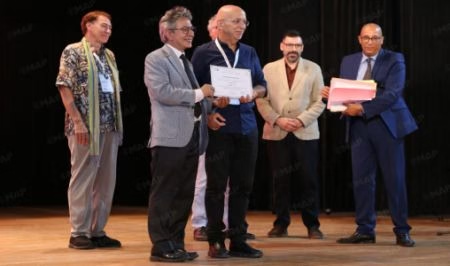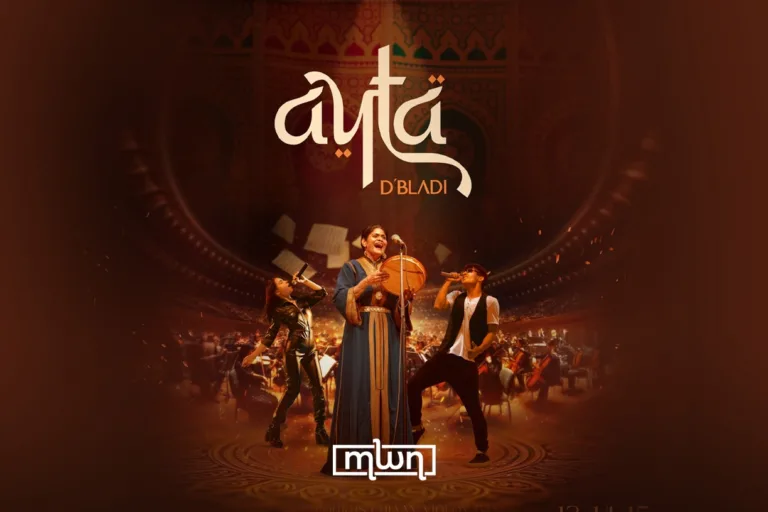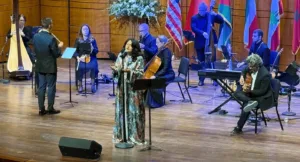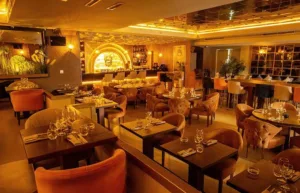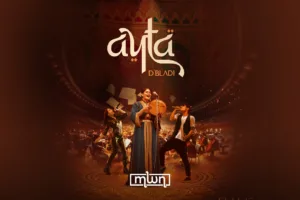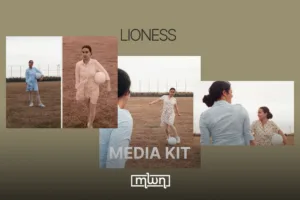Rabat – On Tuesday evening, the curtain fell on the 37th edition of the Festival International de Théâtre Universitaire de Casablanca (FITUC), with Italy’s “Histoires Magnifiques pour le Reste de la Vie” taking home the Grand Prize for Best Performance.
Under the theme “Theater and Artistic and Cultural Diplomacy,” this year’s festival was held from July 11 to 15, and welcomed university theater troupes from Italy, Germany, Armenia, Tunisia, and Morocco.The closing ceremony honored a diverse range of productions and talents, reflecting what organizers described as one of the festival’s most artistically mature editions. In addition to the Grand Prize, the Italian production also earned the award for Best Direction, attributed to Claudio Di Maglio.
The Best Actress prize was awarded jointly to Freja Sande (Germany) for “Filles de Californie” and Wissal Ben Marzouk (Tunisia) for “À Toi, Mon Enseignante.” The Best Actor award was also shared between Ahmed Alaoui (Mohammedia) for “Red” and Yassine Zarrouk (Settat) for “Les Rêves de Juhajuha.”
The Best Ensemble award went to both “La Chanson de la Panique” from Italy’s Sofia Amendolia Academy and the Moroccan play “Les Rêves de Juhajuha.” Best Set Design went to “Filles de Californie,” while the jury’s Special Prize was granted to Tunisia’s “À Toi, Mon Enseignante.”
Speaking at the ceremony, the president of University Hassan II, Houssine Azeddoug, praised the festival’s role in affirming the university as a space not only of academic excellence, but also of creativity, cultural citizenship, and international engagement.
“Students are not merely spectators but active participants in intercultural exchange,” he shared.
Leila Ameziane, Dean of the Faculty of Letters and Humanities at Ben M’Sik and president of the festival, highlighted FITUC as a vehicle of soft diplomacy.
“This year’s theme reflects our intention to use theater as a bridge between cultures and a projection of Morocco’s values of peace, dialogue, and openness,” she said.
Festival Director Mohamed Arhlimou expressed satisfaction with the high caliber of performances presented, describing this edition as a milestone in the event’s artistic evolution, adding,“We saw a conscious, inventive, and committed youth.” Alongside the performances, international experts led workshops on mask work, movement, image theater, and scenic transformation, offering valuable training to the student participants.
Launched in 1988, FITUC continues to serve as a crucial platform for creative exchange, dialogue, and artistic development in university theater, confirming its international reputation with each new edition.

